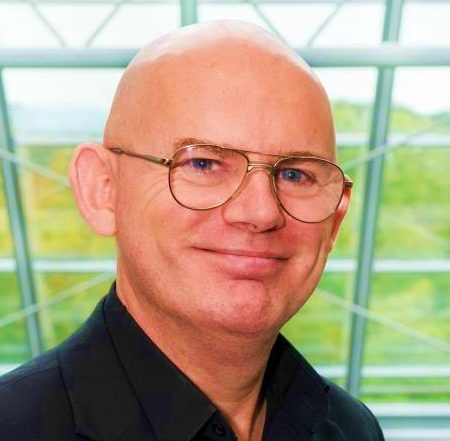
Oil and gas workers should ditch the “macho man” stereotype and open up about mental health, according to a leading therapist.
Dr Steve Smith claims the lack of open dialogue about psychological issues affecting the offshore workforce could pose a danger to their well-being.
And he said it is almost impossible for medical professionals to help those in need when the industry at large remains closed lip over their inner thoughts and feelings.
The senior lecturer in mental health and well-being is backing a new campaign to encourage employers to treat psychological issues with the same care as they would physical health and safety risks.
And with recent sea changes due to the price crunch, from salary cuts to mass layoffs, Dr Smith claims industry authorities must act now to paint a picture of how the workforce is really feeling.
Dr Smith said: “One of the problems is that we don’t have a sound, evidence-based understanding of what the situation is at all.
“We know that over the last two years the industry has changed dramatically in the context of exploration and retrieval and we know that working offshore has been recognised as a stressful occupation.
“But it’s been about 20 years since there was a comprehensive assessment of the mental health and well-being of the workforce.
“There’s a real reluctance in exploring it in greater depth.”
Dr Smith, who lectures at Aberdeen’s Robert Gordon University, said that speaking out about mental health could reveal what impact the lifestyle has for those who go offshore regularly as well as those in stressful onshore positions.
Other areas that may impact on a oil worker’s mental health includes separation from loved ones, high levels of work pressure, a stigma around ‘feeling low’ and the difficulties of transitioning back to normal life.
And Dr Smith said if enough data was collected then it could theoretically be broken down into different roles within the industry – comparing the stress levels of a roustabout with the bosses at the top of the food chain.
Dr Smith said: “Many people will say the macho image is now a thing of the past. Many of the younger people in their 20s and 30s coming through the industry now are said to have a very different attitude to mental health from their senior colleagues. We hear that but we don’t have any evidence to back that up.
“If we get the data then over the next few years we can look at what is going on in the industry and determine if it is improving the mental health and well-being of the workforce or not.
“There are a significant number of people with the rest of their working lives tied up in this industry.”
He added: “Tragically, we have seen the catastrophic consequences of unmanaged problems in the oil and gas industry several times over the past four decades.
“That there haven’t been more of these disasters over the years is something that the industry can rightly be proud of and the focus on prevention of accidents and negative events has become a central part of its culture.
“However, the consequences of unmanaged stress can be just as catastrophic; catastrophic for the individual, for their families, for the people and the organisations they work for and for the industry as a whole.”
There are a number of options for people who may need to talk to someone about their issues such as the Samaritans and the NHS.
Recommended for you
